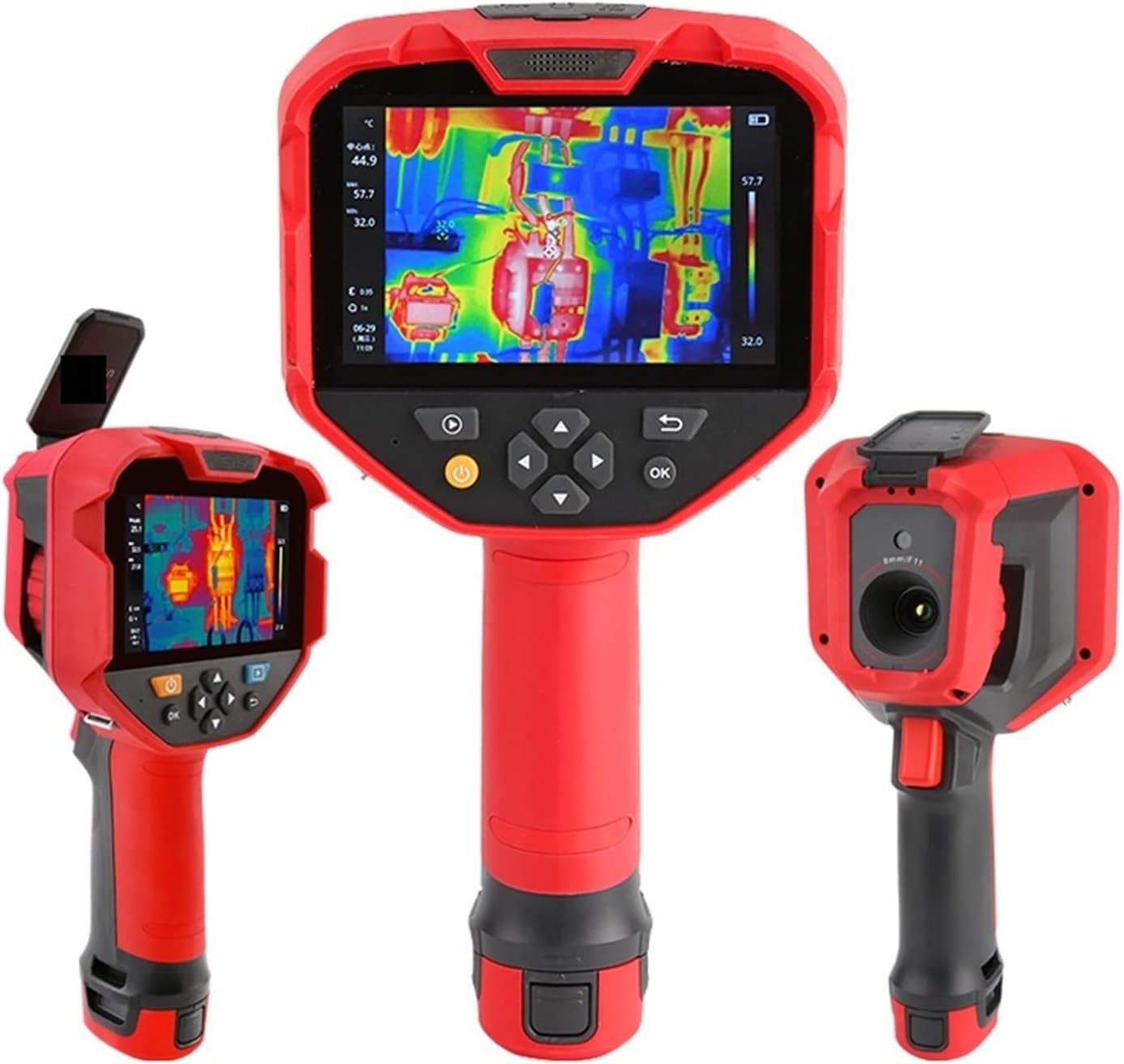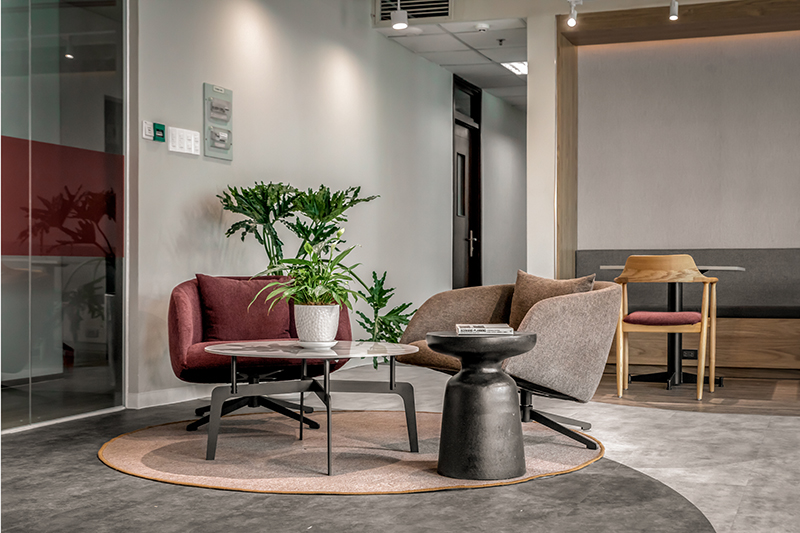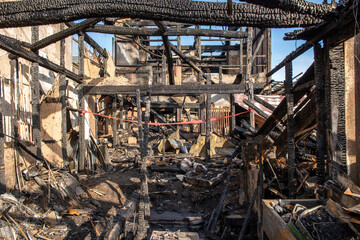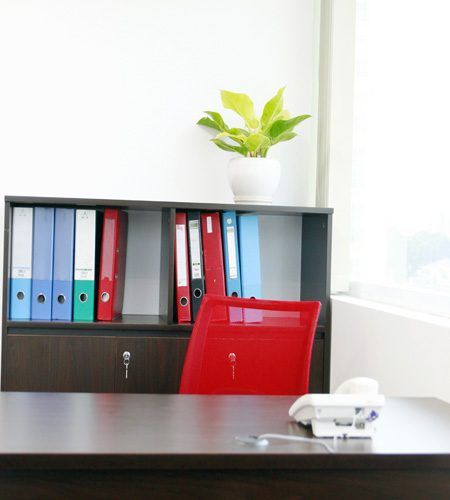[Vietnam Biz – Part 3] A practical guide to selecting the right industrial park
![[Vietnam Biz – Part 3] A practical guide to selecting the right industrial park](https://sotochika-office.com/wp-content/uploads/2025/10/セキュリティ用のフェンスがある工場-scaled-1.jpg)
In this third installment, we will explain how Japanese manufacturers can select an industrial park when expanding into Vietnam, along with key points to be aware of.
Site Visits
Conducting an on-site inspection is the most effective way to gather accurate information about industrial parks in Vietnam. It is also an essential step before making a final decision. Some industrial parks may provide transportation for visitors, but if not, arranging a rental car with a driver is advisable.
There are many points that must be checked during a site visit. Below are the key items to review:
Location:
Check the distance and travel time to the city center, airport, and port, as well as the condition of the roads. Even if Japanese managers and Vietnamese office staff (interpreters, administrative personnel, accountants, etc.) live in different areas, some parks provide shuttle bus services.Infrastructure:
Confirm the status of water supply and drainage, electricity, and telecommunications. Some industrial parks may not yet have fire hydrants installed or power lines connected; in such cases, the tenant must bear the construction costs.Buildings:
Inspect the factory’s condition (for cracks in walls or columns, land subsidence), ceiling height, floor load capacity, loading/unloading areas, skylights, and fire prevention systems. Check whether offices and toilets are already installed inside the factory; if not, tenants must cover the installation costs.Environment:
Confirm whether there is a cafeteria for workers inside the factory. Check the cleanliness and manners of other tenants in the park—such as whether garbage is left around. Cigarette butts, in particular, can be a fire hazard and require attention. It is also important to assess the living environment for expatriates—such as the availability of serviced apartments, Japanese restaurants, convenience stores, and supermarkets within commuting distance.
Meetings with Developers (Industrial Park Management Companies)
When meeting with representatives of an industrial park, the following points should be confirmed:
Rent and Management Fees:
Lease contracts typically start from three years. In the case of rental factories, rent is usually calculated per square meter, but some parks also charge separate management fees. If the factory includes offices or toilets, additional rent may apply.
Generally, rent for three months is paid in advance, and a security deposit equivalent to three to six months’ rent is required at the time of signing. This deposit is refunded without interest upon departure; however, some parks may not refund it if the contract is terminated early, so it’s essential to confirm this beforehand.
Even when rent appears low, inadequate facilities or restrictions on early termination can result in higher overall costs. When purchasing land, also check the remaining years on the land-use rights, which are capped at 50 years.Security:
Confirm the park’s overall security system, including guards, fences, and surveillance cameras.Customer Service:
Check the support system for facility issues (such as leaks or power outages). In locally funded industrial parks, there may be no Japanese-speaking staff; communication may be in English or Vietnamese, which can make problem resolution slower.License Applications:
Applying for the Investment Registration Certificate (IRC) and Enterprise Registration Certificate (ERC) typically costs several thousand dollars. Sometimes tenants bear these costs, while in other cases the industrial park covers them—this should be confirmed in advance.
First, gather information in Japan about the nearly 500 industrial parks across Vietnam. Check the location, size of available land or rental factories and warehouses, available lots, market prices, and contract terms. Before visiting in person, use websites to obtain basic information and narrow down potential parks that meet your company’s requirements. Then, conduct an on-site inspection and choose an industrial park that appears reliable.
However, it is not easy to make a sound judgment after only one or two visits. Therefore, consulting with a consulting firm or accounting office experienced in supporting business expansions into Vietnam is highly recommended.
Tag
- #benefit
- #Blog
- #CIT Law
- #coworking space
- #coworking space Vietnam
- #district 1
- #Electronics manufacturing industry
- #Foreigners
- #Industrial Parks
- #le thanh ton
- #long-term office rental
- #meeting room rental
- #R&D
- #rental office vietnam
- #rep
- #restaurant in district 1
- #restaurant in Le Thanh Ton street
- #shared office
- #short-term office rental
- #startup company
- #Tax
- #Vietnam investment environment
- #ブログ
Categories
Search
Access ranking
- 01

Vietnam’s Industrial Par...
- 02

Vietnam’s Industrial Par...
- 03
![[Part 1] Short-Term Serviced Office Rental Vietnam|Why flexibility is essential now?](data:image/svg+xml;base64,PHN2ZyB4bWxucz0iaHR0cDovL3d3dy53My5vcmcvMjAwMC9zdmciIHdpZHRoPSIyNTYwIiBoZWlnaHQ9IjE3MDciIHZpZXdCb3g9IjAgMCAyNTYwIDE3MDciPjxyZWN0IHdpZHRoPSIxMDAlIiBoZWlnaHQ9IjEwMCUiIHN0eWxlPSJmaWxsOiNjZmQ0ZGI7ZmlsbC1vcGFjaXR5OiAwLjE7Ii8+PC9zdmc+)
[Part 1] Short-Term Serviced O...
- 04

Vietnam’s Industrial Par...
- 05
![[Part 1] What Are the Pitfalls in Establishing a Representative Office in Vietnam?](data:image/svg+xml;base64,PHN2ZyB4bWxucz0iaHR0cDovL3d3dy53My5vcmcvMjAwMC9zdmciIHdpZHRoPSIyMDQ4IiBoZWlnaHQ9IjE1MzYiIHZpZXdCb3g9IjAgMCAyMDQ4IDE1MzYiPjxyZWN0IHdpZHRoPSIxMDAlIiBoZWlnaHQ9IjEwMCUiIHN0eWxlPSJmaWxsOiNjZmQ0ZGI7ZmlsbC1vcGFjaXR5OiAwLjE7Ii8+PC9zdmc+)
[Part 1] What Are the Pitfalls...
- 06
![[Part 2] Short-Term Serviced Office Rental Vietnam|Why flexibility is essential now?](data:image/svg+xml;base64,PHN2ZyB4bWxucz0iaHR0cDovL3d3dy53My5vcmcvMjAwMC9zdmciIHdpZHRoPSI4ODAiIGhlaWdodD0iNzcwIiB2aWV3Qm94PSIwIDAgODgwIDc3MCI+PHJlY3Qgd2lkdGg9IjEwMCUiIGhlaWdodD0iMTAwJSIgc3R5bGU9ImZpbGw6I2NmZDRkYjtmaWxsLW9wYWNpdHk6IDAuMTsiLz48L3N2Zz4=)
[Part 2] Short-Term Serviced O...
- 07
![Short-term serviced office rentals in Vietnam | Why flexibility is essential now [Part 1]](data:image/svg+xml;base64,PHN2ZyB4bWxucz0iaHR0cDovL3d3dy53My5vcmcvMjAwMC9zdmciIHdpZHRoPSIyNTYwIiBoZWlnaHQ9IjE3MDciIHZpZXdCb3g9IjAgMCAyNTYwIDE3MDciPjxyZWN0IHdpZHRoPSIxMDAlIiBoZWlnaHQ9IjEwMCUiIHN0eWxlPSJmaWxsOiNjZmQ0ZGI7ZmlsbC1vcGFjaXR5OiAwLjE7Ii8+PC9zdmc+)
Short-term serviced office ren...
- 08
![[Vietnam Biz – Part 1] What are the 3 key points to avoid failure when choosing a rental factory in a Vietnamese Industrial Park? (Part 1)](data:image/svg+xml;base64,PHN2ZyB4bWxucz0iaHR0cDovL3d3dy53My5vcmcvMjAwMC9zdmciIHdpZHRoPSIxMjAwIiBoZWlnaHQ9IjY2MCIgdmlld0JveD0iMCAwIDEyMDAgNjYwIj48cmVjdCB3aWR0aD0iMTAwJSIgaGVpZ2h0PSIxMDAlIiBzdHlsZT0iZmlsbDojY2ZkNGRiO2ZpbGwtb3BhY2l0eTogMC4xOyIvPjwvc3ZnPg==)
[Vietnam Biz – Part 1] What ar...
- 09

What are the requirements for ...
- 10
![[Part 1] Strategic Location in Le Thanh Ton: Why This Area’s Hotels & Restaurants Boost Business Networking Success?](data:image/svg+xml;base64,PHN2ZyB4bWxucz0iaHR0cDovL3d3dy53My5vcmcvMjAwMC9zdmciIHdpZHRoPSIyNTYwIiBoZWlnaHQ9IjE5MjAiIHZpZXdCb3g9IjAgMCAyNTYwIDE5MjAiPjxyZWN0IHdpZHRoPSIxMDAlIiBoZWlnaHQ9IjEwMCUiIHN0eWxlPSJmaWxsOiNjZmQ0ZGI7ZmlsbC1vcGFjaXR5OiAwLjE7Ii8+PC9zdmc+)
[Part 1] Strategic Location in...


![[Part 1] Short-Term Serviced Office Rental Vietnam|Why flexibility is essential now?](https://sotochika-office.com/wp-content/uploads/2025/05/R0003625-scaled.jpeg)

![[Part 1] What Are the Pitfalls in Establishing a Representative Office in Vietnam?](https://sotochika-office.com/wp-content/uploads/2025/08/1749086829857.jpg)
![[Part 2] Short-Term Serviced Office Rental Vietnam|Why flexibility is essential now?](https://sotochika-office.com/wp-content/uploads/2025/08/z6807120081634_340de811f5cd7edb71b62a3cdcb2826312122.jpg)
![Short-term serviced office rentals in Vietnam | Why flexibility is essential now [Part 1]](https://sotochika-office.com/wp-content/uploads/2025/05/Entrance-1-scaled.jpeg)
![[Vietnam Biz – Part 1] What are the 3 key points to avoid failure when choosing a rental factory in a Vietnamese Industrial Park? (Part 1)](https://sotochika-office.com/wp-content/uploads/2023/08/exterior.jpg)

![[Part 1] Strategic Location in Le Thanh Ton: Why This Area’s Hotels & Restaurants Boost Business Networking Success?](https://sotochika-office.com/wp-content/uploads/2025/09/upscalemedia-transformed-29-scaled.jpeg)